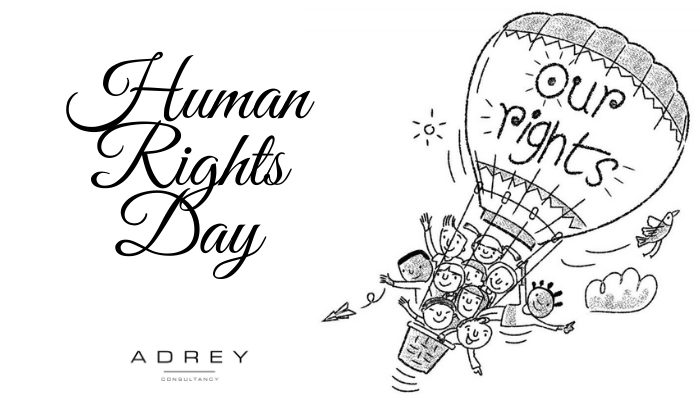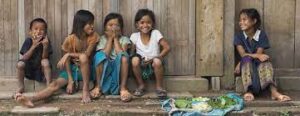
Are you aware of The Children's Rights: Some Major Disclosure
On the occasion of International Human Rights Day, I would like to draw attention to one segment that is often under spoken and misunderstood i.e. children’s rights. “Children” are neither the property of their parents nor are they helpless objects of charity. They are human beings and are the subject of their own rights.
Etymologically, the term “child” comes from the Latin infans which means ” the one who does not speak “. For the Roman, this term designates the child from its birth, up to the age of 7 years. Children or Kids as we like to name them have the same rights as us adults but some of their rights are often ignored as a need and not a right. This article discusses some of the key rights that they enjoy with birth.

Every child has equal status as a member of the human family, but when primary adult caregivers cannot meet children’s needs, it is up to the State as the primary duty bearer to find an alternative in the best interests of the child.
Short-sighted policymaking of the State that fails to take children into account has a negative impact on the future of society as a whole. Because they are still developing, children are especially vulnerable – more so than adults – to poor living conditions such as poverty, inadequate health care, nutrition, safe water, housing and environmental pollution.
The effects of disease, malnutrition and poverty threaten the future of children and therefore the future of the societies in which they live. The course of their development determines their contribution, or cost, to society over the course of their lives.
Apart from the fundamental guarantees for all human beings, i.e. the right to life, the non-discrimination principle, and the right to dignity through the protection of physical and mental integrity (protection against slavery, torture, and bad treatments, etc.), Children’s rights include civil and political rights, such as the right to identity, the right to a nationality and economic, social and cultural rights, such as the right to education, the right to a decent standard of living, the right to health, etc.
They also expand to the right to live with his or her parents, the right to education, the right to benefit from protection, etc, and more importantly the right to development, Hence the right to live and to develop suitably physically and intellectually.
One of the most important parts of development is recreation in everyday life and the voice of the child must be heard, and respected in all matters concerning his or her rights.
#HumanRights #ChildrenRights #AddreyPost
Copyright © 2021 Addrey Consultancy. All rights reserved.

